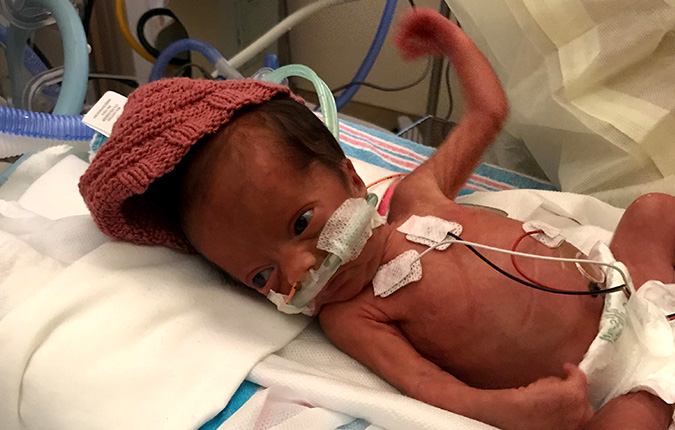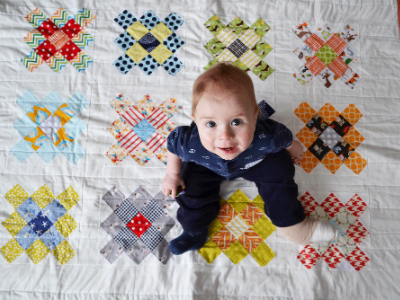Condition
Pediatric Henoch-Schonlein Purpura
Key points about Henoch-Schönlein purpura (HSP)
- Henoch-Schönlein purpura (HSP) is a condition that involves swelling (inflammation) of small blood vessels.
- The swollen blood vessels leak into the skin, joints, intestines and kidneys.
- It is seen most often in children between the ages of two and six. It occurs more often in boys.
- HSP is an autoimmune disease that is often triggered by an upper respiratory infection.
- Symptoms include a rash caused by bleeding under the skin, arthritis, belly pain and kidney disease.
- Most children recover fully. But some children may have kidney problems.
Frequently Asked Questions
What is Henoch-Schönlein purpura?
What causes Henoch-Schönlein purpura in children?
What are the symptoms of Henoch-Schönlein purpura in children?
How is Henoch-Schönlein purpura diagnosed in children?
How is Henoch-Schönlein purpura treated in children?
What are the complications of Henoch-Schönlein purpura in children?
When should I call my child’s healthcare provider?

Rheumatology Treatment at Children's National Hospital
Pediatric specialists at Children's National Hospital in Washington, D.C., have the expertise to diagnose, treat and manage autoimmune and inflammatory disorders in a growing child's muscles, tissues and joints. Discover more about the treatments we offer.

Providers Who Treat Henoch-Schonlein Purpura
 Aasha's Rare Gift Will Help Other Babies Grow up Healthy
Aasha's Rare Gift Will Help Other Babies Grow up HealthyTesting the descrption field
Departments that Treat Henoch-Schonlein Purpura

Rheumatology
The Division of Rheumatology aims to improve the health and quality of life for children with rheumatic diseases and musculoskeletal disorders through comprehensive, patient-focused care, including testing, treatment, and patient and family education programs.
Schedule Appointment







